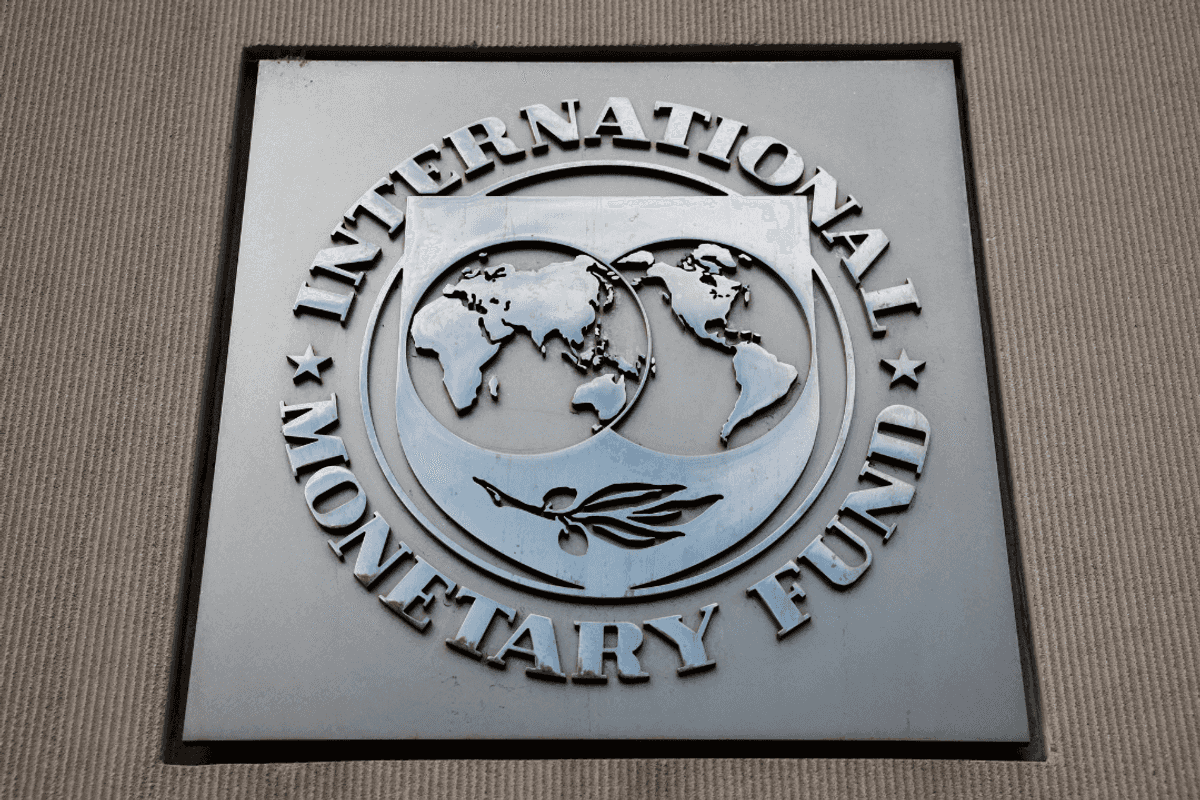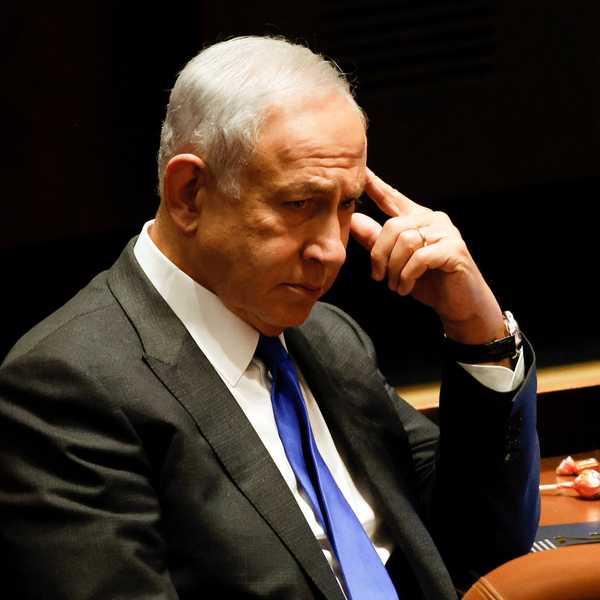Pakistan's IMF review: What can be expected?
Though the road to convince the IMF appears quite bumpy, statements from the finance minister depict a rosy picture

Haris Zamir
Business Editor
Experience of almost 33 years where started the journey of financial journalism from Business Recorder in 1992. From 2006 onwards attached with Television Media worked at Sun Tv, Dawn Tv, Geo Tv and Dunya Tv. During the period also worked as a stringer for Bloomberg for seven years and Dow Jones for five years. Also wrote articles for several highly acclaimed periodicals like the Newsline, Pakistan Gulf Economist and Money Matters (The News publications)

A view of the International Monetary Fund (IMF) logo at its headquarters in Washington, D.C.
Reuters
As the expected first review of the $7 billion loan draws closer, Pakistan and International Monetary Fund (IMF) discussions are once again dominating the headlines.
The government has adopted a confident stance that it has a lot to convince the international lender it is doing all it can to meet all the conditions required to qualify for the first review.
The IMF team is expected to visit by the end of this month or the first week of March to hold the review of the Extended Fund Facility approved last year. If the review is approved, Pakistan will receive a $1 billion tranche from the international lender.
Though the road to convince the IMF appears quite bumpy, statements from the finance minister depict a rosy picture that all the prescribed conditions have been met or are on course to be met — despite a revenue shortfall of PKR 470 billion in the first seven months of the current fiscal year.
Moreover, the government is far away from resolving the issue of circular debt — a monstrous amount of PKR 5,400 billion combined for electricity and gas sectors.
Only two provinces, Punjab and Khyber Pakhtunkhwa, have implemented agricultural taxes so far.
Another thorny issue has been the privatization and hemorrhage of state-run companies. According to reports, nearly PKR 1,000 billion every year is lost due to state-run enterprises, such as the Pakistan International Airlines which has accumulated losses and debt amounting to PKR 800 billion, Pakistan Steel Mills in excess of PKR 250 billion, and Pakistan Railways around PKR 400 billion.
The losses of these three entities and mounting circular debts are enough to jolt any country's economy but especially Pakistan's which has mostly been dependent upon debt and rollovers from the countries such as Saudi Arabia, China, and the UAE. This time around, the government has even resorted to taking loans from commercial banks at interest rates ranging between 6% to 7%.
What do analysts say about the IMF review?
Nukta spoke to people keeping a close eye on the country’s economic movement and decision-making of government institutions.
Mustafa Mustansir, director research and business development at Taurus Securities, said that there are a few things of concern, the biggest of which is meeting the revenue shortfall.
Another issue is raising gas prices this month.
Also, the IMF would want to see concrete implementation of agriculture tax and progress on that front in terms of actual increase in tax collection from these sources, he commented.
Mustansir added that the government may also have to defend its position regarding schemes like Tajir Dost, which seem to have been a non-starter from day one.
Other benchmarks which may come under discussion include state-owned enterprises and privatization of power distribution companies (DISCOs).
However, the main item will be the revenue collection shortfall and deciding a likely roadmap for the next budget, Mustansir said.
“I also think the IMF may ask the government to give relief to the salaried class in order to stimulate demand and focus on taxing other sectors”, he said.
Abdul Azeem, head of research at Al Habib Capital Markets, said that the government will face resistance in implementing IMF-mandated tax hikes, energy sector reforms, state-owned enterprises' privatization, and broader tax reforms, particularly on agriculture and real estate, which have long been exempt or undertaxed. Businesses, landowners, and traders will strongly oppose these measures.
“With powerful lobbies resisting taxation on agriculture and real estate, and political leaders hesitant to impose unpopular reforms, balancing IMF conditions with economic stability while avoiding political fallout will be the government's toughest challenge”, he said.
Saad Hanif, head of research at Ismail Iqbal Securities, said that the government will face significant resistance in mending ties with the IMF, particularly on politically sensitive reforms. The energy sector remains a major hurdle, as the IMF will push for further tariff hikes and subsidy cuts to reduce circular debt.
“Tax reforms will also face opposition, especially efforts to broaden the tax base by bringing the retail, agriculture, and real estate sectors under taxation”, he said.
Fiscal consolidation will require a higher primary surplus, meaning spending cuts and new taxes, which could slow growth and strain relations with provinces, he added.
“The IMF's insistence on a market-based exchange rate and tight monetary policy may face resistance if authorities prefer stability over depreciation risks,” Hanif commented.







Comments
See what people are discussing